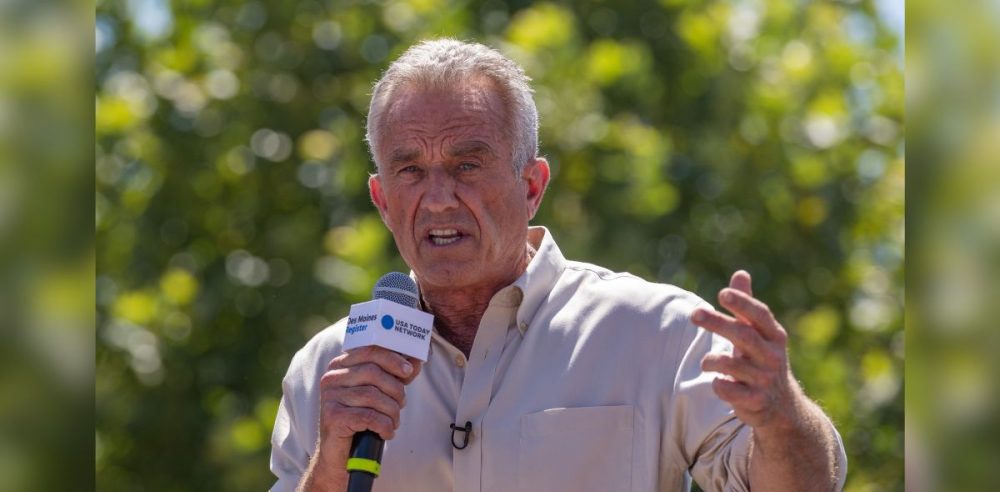Senate Democrats are finding themselves at a crossroads as Robert F. Kennedy Jr. faces confirmation hearings for his nomination as Secretary of Health and Human Services (HHS).
While Kennedy’s outspoken views on vaccines have stirred backlash within his party, a handful of Senate Democrats, including Bernie Sanders (I-VT) and John Fetterman (D-PA), appear open to giving Kennedy a fair evaluation, ZeroHedge reported.
Their willingness stems largely from shared concerns over corporate influence in the food and pharmaceutical industries, highlighting Kennedy’s advocacy for cleaner, less-processed food and sustainable health practices.
Sources close to Sanders suggest the Senator sees an opportunity to bring attention to flaws in the U.S. food supply chain and its impact on public health during the hearings.
“I think Bernie will give him a fair review,” one insider noted, per ZeroHedge. Despite this openness, Kennedy’s nomination has already faced criticism, particularly from party members who view his anti-vaccine rhetoric as incompatible with modern public health priorities.
Kennedy’s confirmation strategy hinges on courting Republican senators and moderate Democrats who might share aspects of his reform-focused agenda. With the Democratic Party split, he has turned to Capitol Hill meetings and public statements to solidify his stance on reshaping food industry policies and promoting healthier lifestyles.
Kennedy’s push underscores his belief that reducing chemical exposure in food and medicine could improve public health outcomes. This belief resonates with select lawmakers despite ongoing debates over his fitness for office.
His nomination also forces Democrats to reconcile past criticisms of Kennedy’s presidential bid as a third-party candidate. Many in the party previously distanced themselves from him to prevent voter fragmentation during the election. Now, his nomination by Trump has reignited concerns about political loyalty and party unity. Nevertheless, Kennedy’s resurgence has prompted some lawmakers to reevaluate his potential contributions, balancing ideological divides with pragmatic policymaking.
However, staunch opposition persists among several prominent Democrats, including Elizabeth Warren (D-MA), who has criticized Kennedy’s vaccine positions as dangerous. Minority Leader Chuck Schumer (D-NY) echoed these sentiments, recently labeling Kennedy’s views “outrageous and irresponsible,” particularly regarding vaccines. Such statements underscore the deep divisions within the Democratic Party and the challenges Kennedy faces in winning widespread support.
Kennedy’s meetings with Republican Senators John Barrasso (WY), Shelley Moore Capito (WV), and Marsha Blackburn (TN) have bolstered his efforts to secure bipartisan backing. These discussions have focused on health reform initiatives, leaving the door open for cooperation across party lines. Despite this outreach, Kennedy’s path remains uncertain, with every vote critical in determining whether he can overcome resistance and achieve confirmation.


